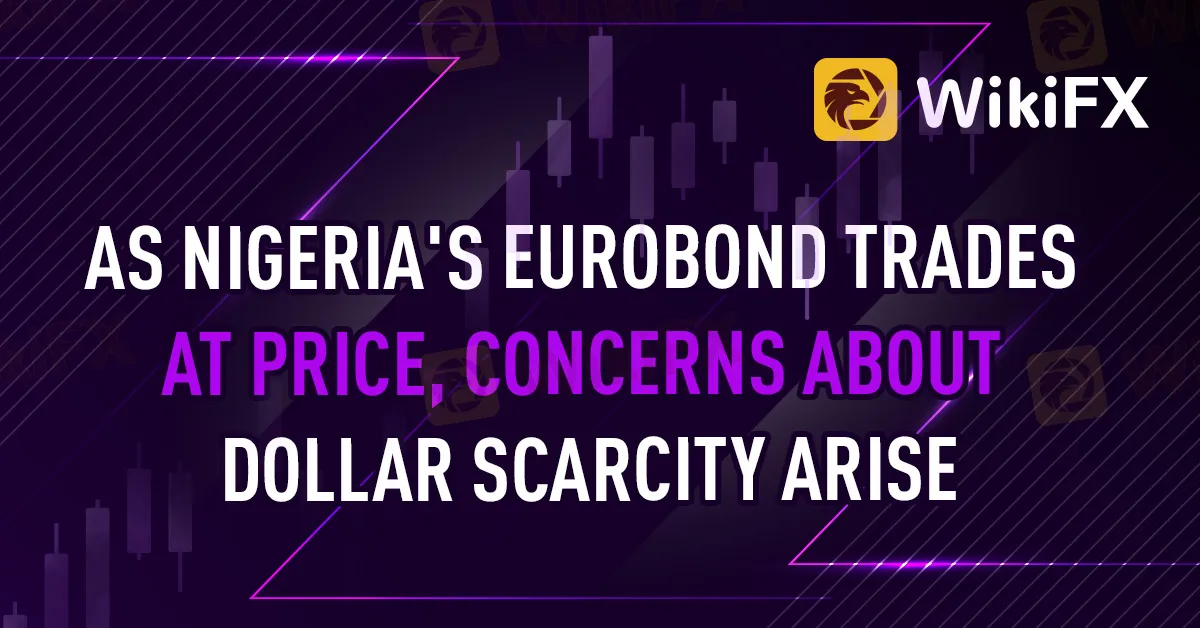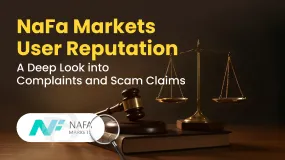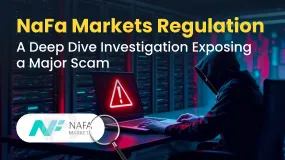Abstract:11.07. (THEWILL) - Nigeria's 10-year Eurobond ended the first six months of the year with a yield of 13.45 percent, or $69.8 per unit, indicating one of the worst yields for the country's economy in years.

11.07. (THEWILL) - Nigeria's 10-year Eurobond ended the first six months of the year with a yield of 13.45 percent, or $69.8 per unit, indicating one of the worst yields for the country's economy in years.
Double-digit sovereign Eurobond yields are sometimes regarded as trash bonds, implying that they are either risky to purchase or undesirable to bond purchasers for a variety of reasons.
Bond prices have fallen in emerging economies like Nigeria as a result of the conflict in Russia and Ukraine and the US Federal Reserve's plan to boost interest rates to battle inflation. According to a recent Financial Times piece, around $50 billion has been taken out of developing market bonds as it becomes more difficult to borrow money at competitive rates.
Nigeria last used the Eurobond market to borrow money in March 2022, when it took out a $7.25 billion loan at an exorbitant 8.375 percent interest rate.
Analysts, however, think that given the high borrowing rates, it would not be able to proceed with another round of borrowing.
The 10-year Eurobond is currently trading at a rate higher than its counterpart in local currency, making the situation for Nigeria considerably worse.
A recent 10-year April 2032 FGN Bond, for instance, closed in June with a yield of 12.5%, or over 100% less than the yield on a 10-year Eurobond.
The cost of borrowing in foreign currencies is higher than borrowing in local currencies, so if the company decides to access that market again, bond yields trading over 13 percent are likely to cost more.
It would be completely pointless to seek out further dollar loans given the exchange rate risk as an additional factor.
The administration is aware of this as well because official pronouncements suggest that, under current circumstances, the country is unlikely to access the Eurobond market.
At an investor conference in June 2022, Nigeria's director general of the debt management office, Patience Oniha, announced that the country had no intentions to purchase debt on the Eurobond market this year as it shifted its emphasis to domestic borrowing and sourcing from concessional sources.
We planned the borrowing to be internal and then external from concessional sources when we saw where the market was based on the issues we needed to solve in terms of COVID-19.
The strategy we will use to enter the foreign market this year was left out.
We did not want to take a gamble since, according to Oniha, “we did not know how long this would persist, what the cost would be, and all the nations that came to the market were all investment-grade.”
There are worries that Nigeria won't be able to meet fresh FX needs since it can't access the Eurobond market and crude oil theft is still a serious problem.
Nigeria's external reserves, currently at roughly $39 billion, have increased by about $6 billion over the past year, primarily as a result of borrowings for foreign debt.
Access to foreign exchange, however, continues to be a significant problem because the central bank continues to urge companies to get their own currency rather than deplete its reserves.
If Nigeria is unable to generate a sizable amount of revenue from crude oil sales in the next months, a waning desire for fresh foreign debt borrowing might crystallize into a big dollar shortage.










